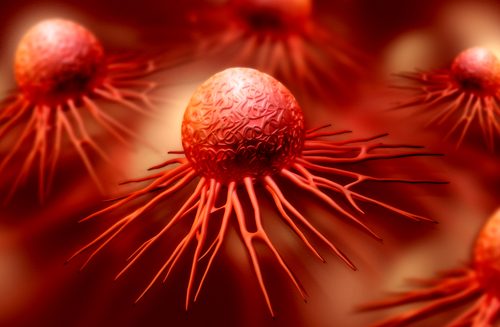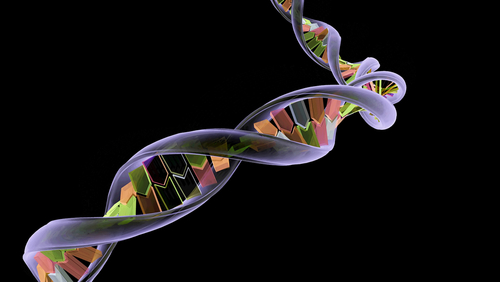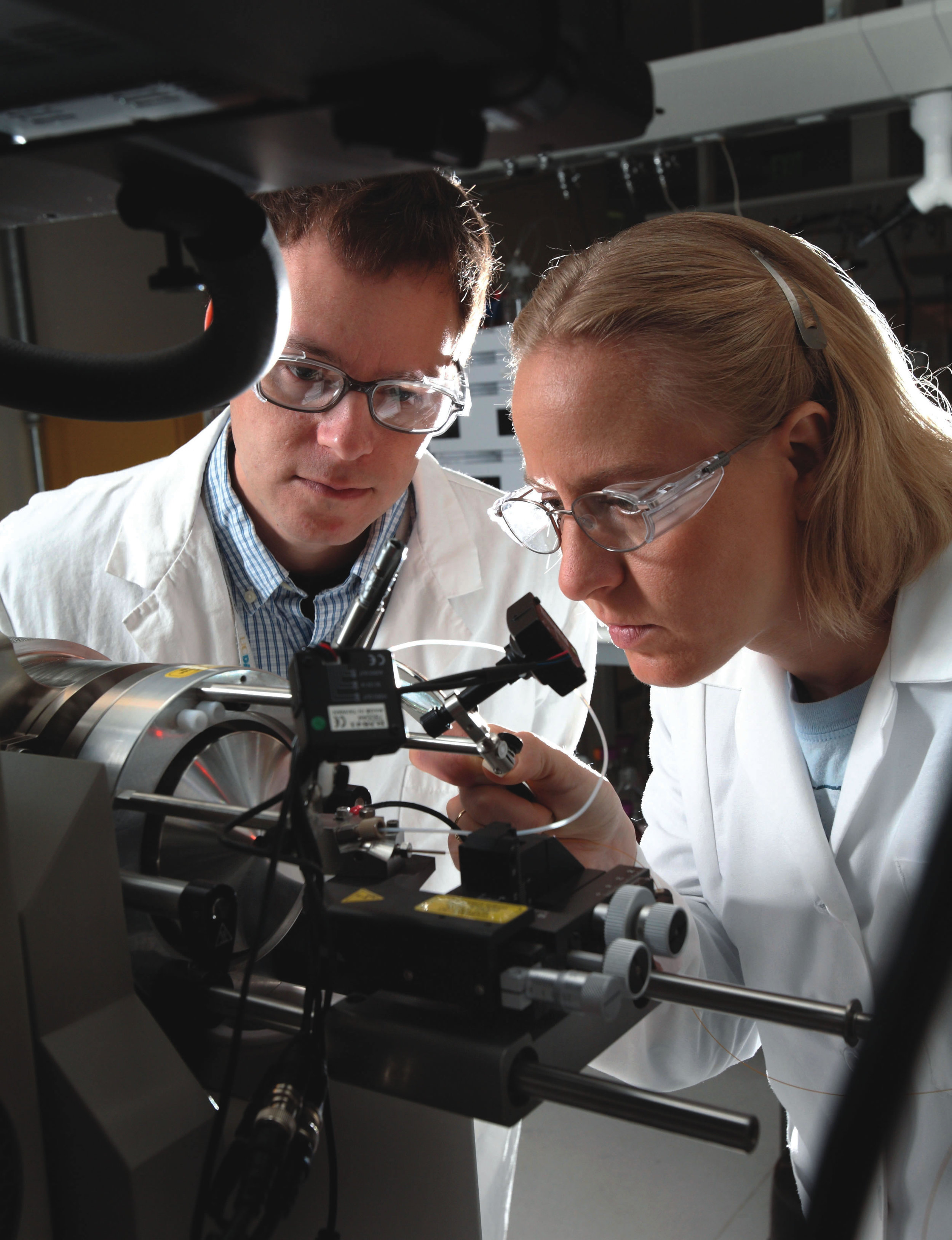“What is life?” What are the basic ingredients of life? Where did life first stir? How did the first organisms evolve? Is there life everywhere? To what extent is life scattered across the cosmos? If other kinds of creatures do exist on exoplanets, are they as intelligent as we are, or even more so?”
Biology: the study of life. (Booker, 1) The discovery of the structure of “DNA” by James Watson and Francis Crick in 1953 revolutionized biology, giving it an intellectual framework for understanding how information from the “genes” controls the functioning of the “cell.” That discovery led to a basic understanding of how genes are “regulated,” how they give rise to the “proteins” that determine the functioning of cells, and how “development” turns genes and proteins on and off to establish the body plan of an “organism.” With these extraordinary accomplishments behind it, biology assumed a central position in the constellation of sciences, in parallel with physics and chemistry. (Bloom - Eric Kandel, 68) Today the questions about the nature and origins of life remain the biggest and most hotly debated in all of biology. The entire discipline depends on it and though we are still groping for all the answers, we have made huge progress in the past decades toward addressing them. (Venter, 1)









